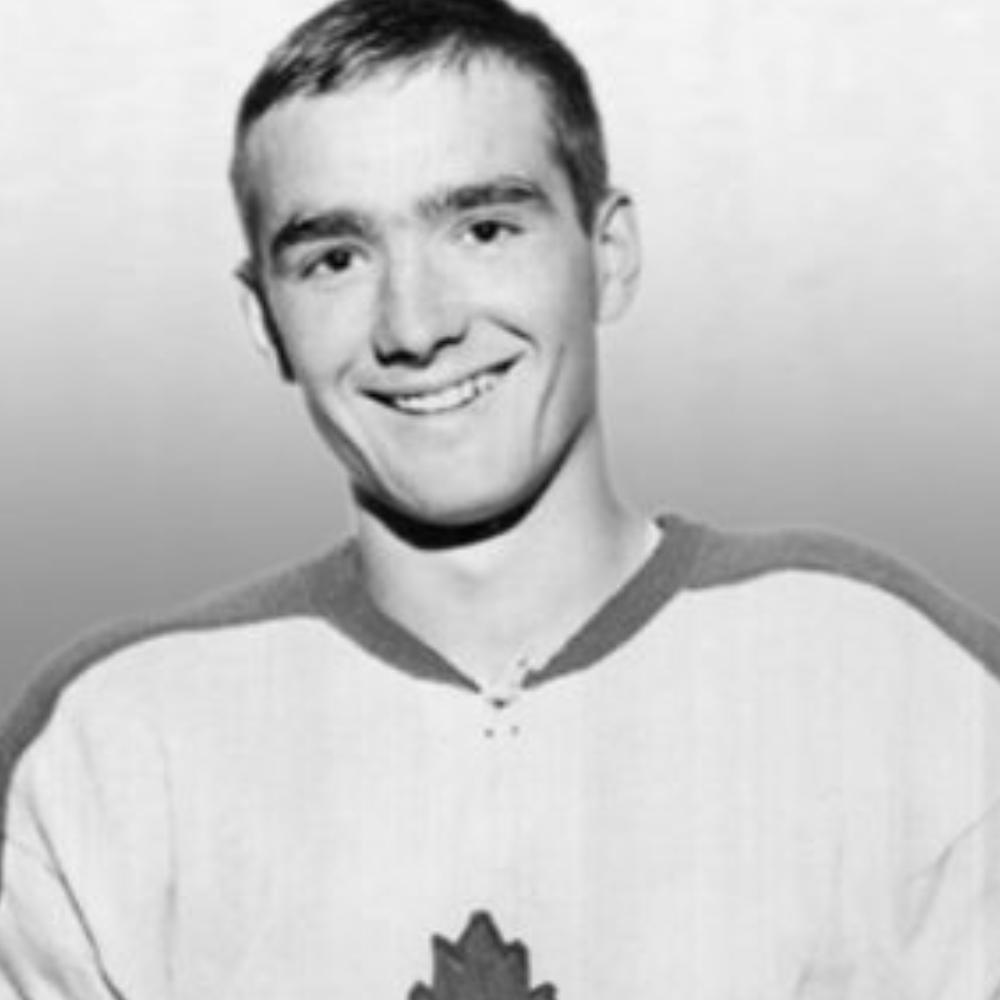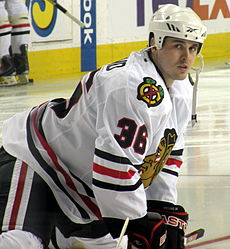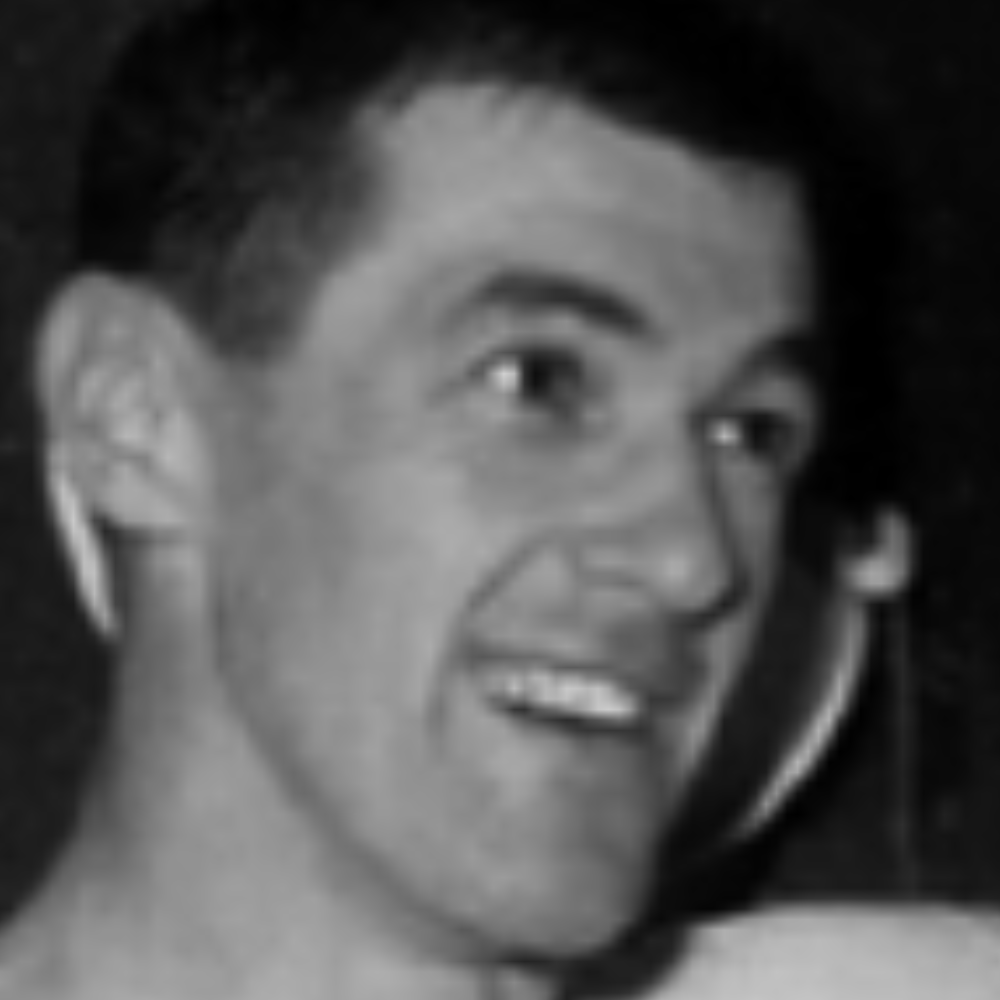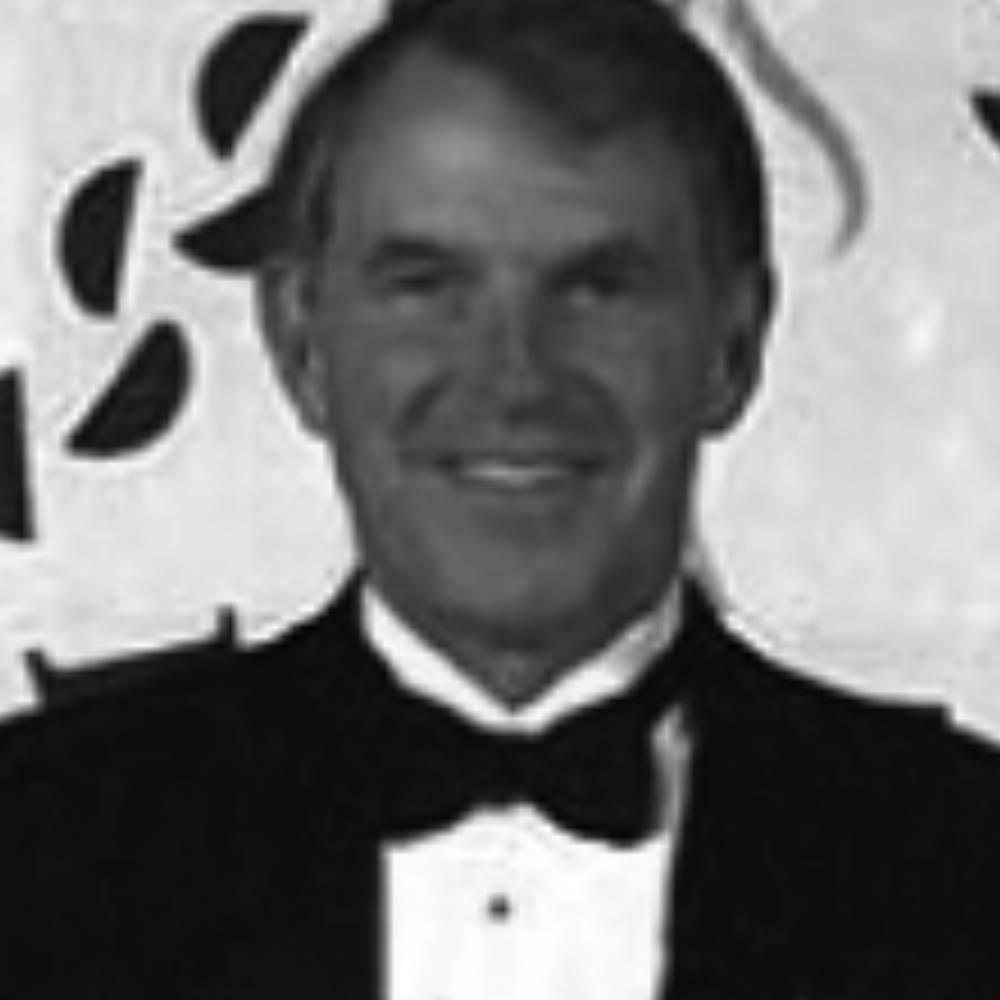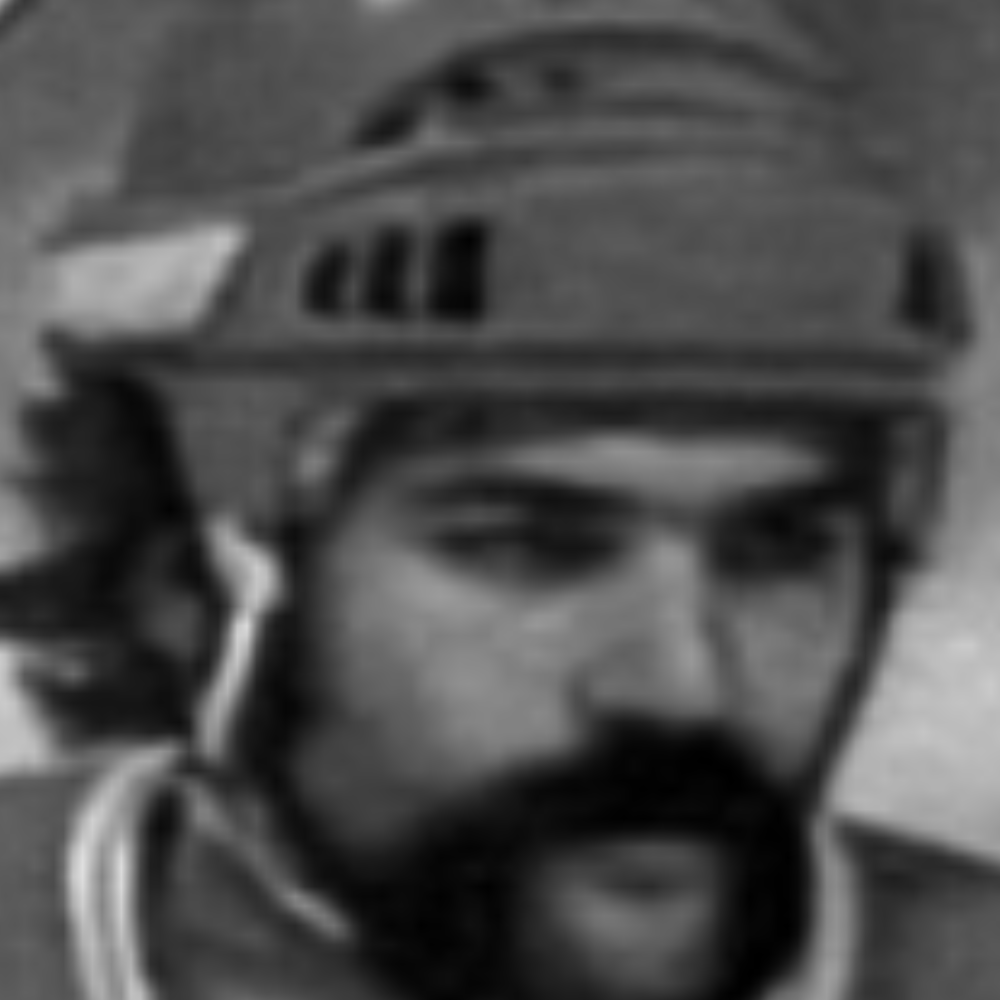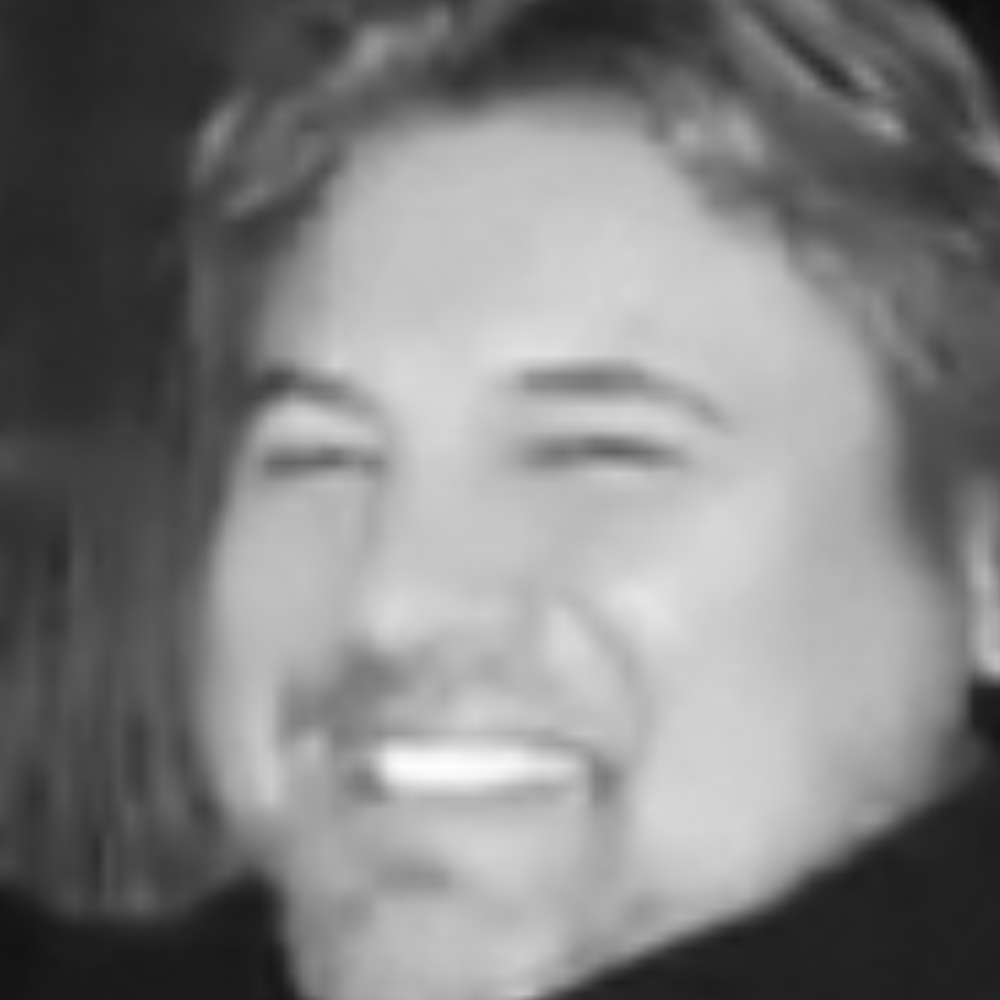Claude Lemieux has heard it all. Lemieux was equally loved and reviled during his 18-year NHL career, but no one can argue with four Stanley Cups, a Canada Cup gold medal, and a track record of big game success that puts the pesky right winger from Buckingham, Quebec, in the upper echelon of playoff performers.
The scrappy forward did more than needle opponents into taking costly penalties. Maddening as he was on the ice, his penchant for postseason heroics infuriated his adversaries even more.
Three times, Lemieux scored more goals in the playoffs than he did in the regular season, most notably during a remarkable run that saw him net 13 goals to help the New Jersey Devils win the franchise’s first ever Stanley Cup in 1995, a performance that earned Lemieux the Conn Smythe Trophy as playoff MVP. His 80 career playoffs goals in 234 games are ninth most in NHL history. An astonishing 19 of those goals were game winners, a feat bettered only by Wayne Gretzky and Brett Hull.
“I love playoffs. You know what it’s like when teams play back-to-back games in the regular season—there’s usually a lot of intensity, and bad feelings grow. In the playoffs it is even more intense,” said Lemieux. “The physical side of the game really became more important and I think that is where I have been able to give my team an edge.” Reaching the playoffs in 18 different seasons is a surefire way to gain big-game experience, but Lemieux has been a clutch performer since his years in the Quebec Major Junior Hockey League, where he was 1985 playoff MVP. In the bigs, Lemieux is one of just five players in NHL history to win the Stanley Cup with three different teams. He completed the equally rare feat of winning the Cup with different teams in back to back seasons.
Lemieux and his brother Jocelyn, who also had a solid NHL career, came by their abilities naturally. “There weren’t a lot of hockey players in my family background, and we never had the financial capability for me to take any special power-skating clinics the kids get today. It was just something I picked up and went with and loved,” he told Maclean’s.
The Lemieux legend was born in Montreal. The Canadiens selected him in the second round of the 1983 NHL entry draft, and he made his debut that same year before being sent down to the minors for more seasoning. Lemieux thrived with the Verdun Junior Canadiens and Sherbrooke of the AHL before making his return to Montreal late in the 1985–86 season. He led the club with ten playoff goals, including a Game 7 overtime winner against Hartford. Lemieux and fellow rookie Patrick Roy powered the surprising Canadiens to a Stanley Cup victory.
Over the next four seasons, Lemieux garnered a reputation as an abrasive upstart with a deft scoring touch. A trade sent Lemieux to New Jersey in 1990, where he reached new offensive heights with a 40-goal season. Lemieux’s 18 points in 20 playoff games took the Devils to within one game of the Stanley Cup finals in 1994, before his stellar postseason production propelled the team to its first championship in the lockout-shortened 1995 season.
By now well-known for his on-ice intangibles and knack for playoff fireworks, Lemieux found himself a member of the Colorado Avalanche after a three-team deal just before the 1995–96 season. The altitude didn’t affect his scoring prowess, as the winger followed up a productive regular season on a line with Peter Forsberg and Valeri Kamensky with four game-winning playoff goals that helped the former Quebec Nordiques take home the championship during the team’s first year in Colorado.
Lemieux won another Cup with New Jersey and made stops in Phoenix and Dallas before hanging up his skates for good in 2003—or so he thought. Five years later, after finding his sea legs in China, the 43-year-old returned to the NHL for a short comeback with the San Jose Sharks. Lemieux retired with 379 goals and 406 assists for 785 points in 1,197 regular season games. He added 80 playoff goals and 78 assists.
He was no slouch on the world stage, either. Lemieux followed up a 1985 world junior gold medal in Helsinki with another gold at the 1987 Canada Cup as part of the famous squad that included Mario Lemieux and Wayne Gretzky. To round out his international career, Lemieux won a silver medal at the 1996 world championships, racking up 19 penalty minutes in eight games.
Off the ice, Lemieux became president of the now-defunct ECHL Phoenix Roadrunners in 2005. He took on wannabe athletes during a guest spot on Pros Vs Joes, and is a recurring guest on TSN’s Off the Record with Michael Landsberg. In January 2011, Lemieux was named president of the North American Chapter of 4Sports and Entertainment, headquartered in Etobicoke. Two of Lemieux’s four children attended John G. Althouse Middle School in central Etobicoke, and Lemieux coached his son Brendan on the Toronto Red Wings major bantam team. In January 2012, Lemieux joined other Canadiens alumni in a charity game at the Powerade Centre in Brampton to benefit pediatric services at Brampton Civic and Etobicoke General hospitals.
Television audiences saw a different side of the pugnacious NHL star when Lemieux joined the cast of the CBC reality show Battle of the Blades in 2009. It was a case of ‘beauty and the brawler’ when a surprisingly dainty Lemieux donned figure skates and twirled partner Shae-Lynn Bourne to a second place finish. “I thought it would be a fun experience, a journey, but I definitely did think this could be an opportunity to show the Canadian people, really, who I am,” Lemieux told Maclean’s about his decision to follow fellow tough guy Tie Domi onto the show. “In hockey, you put on this suit of armour, you go out on the ice in your equipment and you perform as well as you can with the gifts you’ve got. But most of the tough guys are great people off the ice, real soft-spoken and sensitive guys. It’s the complete opposite of what one would expect.”
The result, according to a Maclean’s review, was a “creative, downright sensual” performance that impressed audiences and fellow competitors, but didn’t surprise Lemieux himself. “When you’re a dedicated, focused, zoned-in type of person, you’re just going to do whatever it takes—within boundaries. In hockey, we pushed those boundaries further because we were physically confronting our opponents. Here, you’re really competing against yourself,” he said. Being a figure skating fan with an ear for music helped Lemieux master the on-ice routines. Skating along to his own voice singing a recorded version of Leonard Cohen’s Hallelujah was yet another surprise for his fans.
Though many in the game did not approve of his no-holds-barred style—such detractors usually being found on the opposing bench—Claude Lemieux antagonized his opponents on his way to carving out a career marked by overtime winners, playoff stardom, and an undeniable track record of success.


